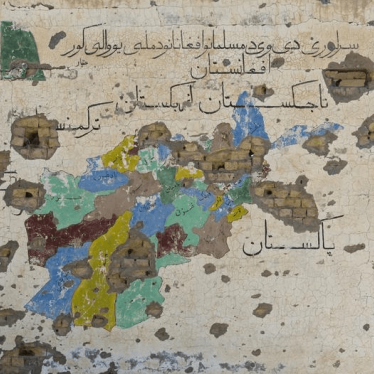Burma took a giant leap backward two weeks ago when it arrested more than 100 students, Buddhist monks, and villagers after a brutal police baton charge that ended days of peaceful protest in the town of Letpadan, north of Rangoon. This week it compounded the violence by charging 65 of the students with various Penal Code provisions related to unlawful assembly and rioting that could send them to prison for up to nine-and-half years. And even though it was the police who attacked the protesters, the authorities have refused to condemn or pursue punishment of the officers responsible. President Thein Sein even defended the police actions in an interview with the BBC days before the students went to court.
Scores of student activists from the All Burma Federation of Student Unions (ABFSU) are still in hiding in Rangoon, avoiding the authorities since student protests began in November calling for changes to a contested national education bill. Talks between students and government officials broke down in acrimony well before the Letpadan violence.
Prominent student activists charged this week over the Letpadan incident include Phyo Phyo Aung, the 27-year old leader of the ABSFU, with impeccable activist credentials. She was first thrown in prison in 2008 after she helped her father, Dr. Nay Win, bury corpses after Cyclone Nargis. Her father had spent the first 14 years of his daughter’s life in prison for political activities. Phyo Phyo Aung’s colleague Honey Oo is also no stranger to political imprisonment. She was incarcerated from 2008 to 2012 for staging protests against military rule. Student demonstrations have historically been a barometer for social discord in Burma, and they have as much broad community support as they do enmity from the military and other security forces.
The number of Burma’s political prisoners has effectively doubled in the past month, from around 80 to now around 150, a disturbing trend in an election year, but reflective of a reform process sliding backward. Governments should urge both Thein Sein and the recently reconstituted political prisoner review committee, led by hardline military officers from the Home Affairs Ministry, to reverse this trend of greater arbitrary arrests and politically motivated trials. For anyone genuinely concerned over Burma’s transition from military rule, imprisoning students is redolent of a more draconian past, not a democratic future.








